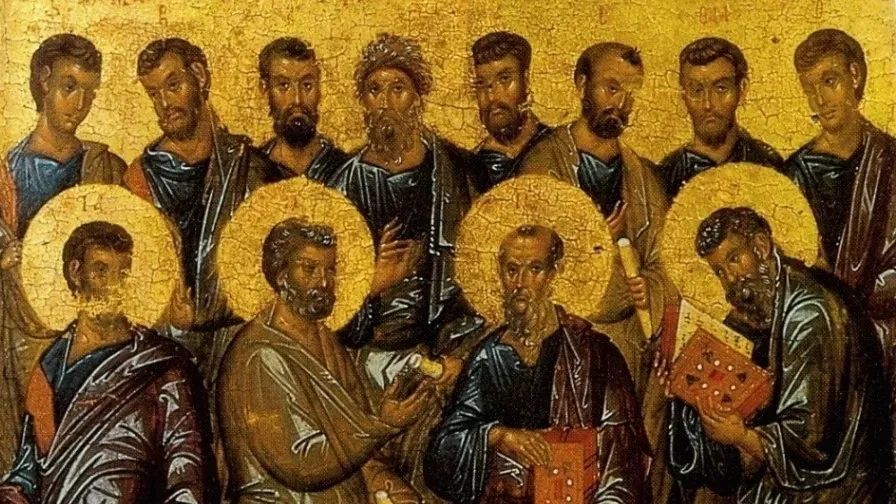Because of unbelief

Then came the disciples to Jesus apart, and said, Why could not we cast him out? And Jesus said unto them, Because of your unbelief. Mt. 17:19-20
In contrast to our sinful independence, God’s word calls us to trust in him: “Trust in the LORD with all thine heart; and lean not unto thine own understanding. In all thy ways acknowledge him, and he shall direct thy paths” (Prov. 3:5-6). Note that trusting in God is contrasted with leaning on your own understanding. If you trust in God, you will not lean on your own understanding. In other words, if you trust in God your reliance is on the power and promises of God to direct your paths rather than on your own ability to work the problem out yourself. If you trust in God you want God to direct your steps, rather than wanting God to merely add his endorsement to your designs.
Did this have anything to do with the disciples’ failure to heal the child? I think it did. Now their failure to heal the child or cast the demon out was not because they didn’t expect it to happen. This is important to see because a lot of people will look at passages like verse 20 in our text and say that if you ask God for something and don’t receive it, it is because you just didn’t have enough faith, by which they generally mean you didn’t expect it to happen. If you just believe it will happen, it will happen . . . Now that is just nonsense. Paul asked God, no doubt in faith, for healing and God said no (2 Cor. 12:7-9). Jesus asked the Father to let the cup of crucifixion pass from him and our salvation hangs on the fact that the Father said no. But not because he had no faith! Expecting something to happen isn’t going to make it happen, even if you baptize such expectation with the name of faith.
But that was not the reason the disciples failed. You can see this in their question to Jesus, “Why could not we cast him [the demon] out?” (ver. 19). They couldn’t understand it, and this is because they had clearly expected to cast out the demon. This is, in fact, (as far as I know) the only recorded instance in the Gospels of the disciples’ failure to perform a miracle they were asked to perform. They had had such success that it is very improbable that they lacked confidence in their ability to cast out the demon.
But there is the problem. The problem was in their confidence in themselves to cast out the demon, rather than placing their confidence in the God who gave them that ability in the first place. As D. A. Carson comments, “At a superficial level the disciples did have faith; they expected to be able to exorcise the demon. They had long been successful in this work, and now they are surprised by their failure. But their faith is poor and shoddy. They are treating the authority given to them (10:1, 8) like a gift of magic, a bestowed power that works ex opere operato.”[1]
In other words, they had begun thinking of this power as if it belonged to them. They thought of it as something they had control over, and when it failed them they were flummoxed. Far from trusting in God, they had begun to take possession of God’s gift as if it were their own. That is, they were acting out of the sinful tendency to be independent of God.
In verse 21, we are told that our Lord adds these words to his rebuke of the disciples’ unbelief: “This kind can goeth not out, but by prayer and fasting” (cf. Mk. 9:29). It is hard to imagine trying to cast out a demon without prayer, but evidently that is exactly what the disciples had done. They weren’t looking to God, they were looking within. So our Lord tells them that if you want to experience the power of God in your life and ministry, you have to live depending on him, trusting in him. And the principal way this dependence upon God is manifested is in a life of prayer. Again, this rebuke reminds us that the principle mistake the disciples made was their failure to cast themselves completely upon God for the success of their ministry. The evidence of that failure was the sad state of their prayer life.
Where are you at? Do you struggle with believing the promises of God for your life? It could very well be that the reason is that you have not fully submitted yourself to the sovereignty of God over your life. It is one thing to celebrate the sovereignty of God over all things as a doctrine; it is another thing altogether to surrender to it. Are you willing to kiss the rod? Are you willing to trust in God completely and lean not upon your own understanding?
[1] D. A. Carson, Matthew (EBC), p. 391-392.